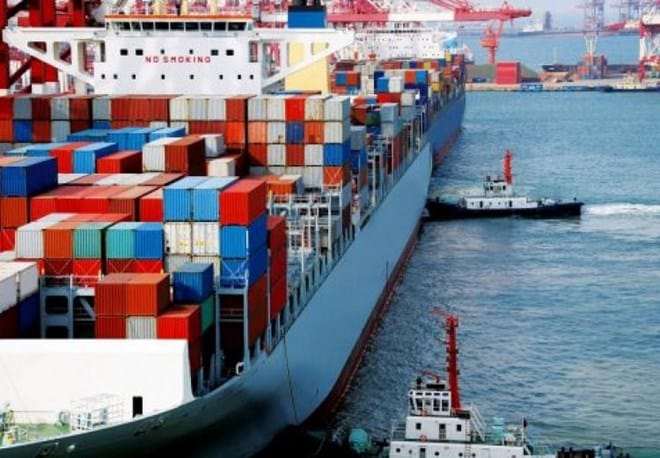The Port of Tadjourah is set for a significant boost following a new partnership between Red Sea Gateway Terminal International (RSGTI) and Djibouti’s port authorities.
The agreement aims to enhance the port’s role as a major trade hub for Djibouti and Ethiopia.
The MoU was signed by Kamil Mohamed Gorah, Chairman of the Port of Tadjourah, and Gagan Seksaria, Director of Global Investments for RSGTI, with Aboubaker Omar Hadi, Chairman of the Djibouti Ports and Free Zones Authority, overseeing the signing.
The Port of Tadjourah, which began operations in 2017, was initially built to support Ethiopia’s potash exports. Today, it also handles general cargo such as coal, steel, liquefied petroleum gas, fertilizers, and agricultural products.
The facility covers 400,000 square meters and features two berths totaling 485 meters in length, along with a dedicated RoRo quay. It has an annual capacity of 5 million tonnes of cargo.
Its location on the northern shore of the Gulf of Tadjourah makes it a key link for Ethiopia’s trade, with a newly constructed road connecting it to major commercial centers, including Addis Ababa.
RSGTI, a subsidiary of Saudi Arabia’s Red Sea Gateway Terminal, is known for its expertise in port management and expansion.
This collaboration is expected to strengthen trade in the Horn of Africa by improving logistics and cargo handling efficiency.
The investment reflects a broader trend of port infrastructure development in the region, with various stakeholders working to enhance trade routes and economic connectivity.
Arta’s geographical location, being on the northern side of the Gulf of Tadjourah, acts as a crucial commercial hub supporting Ethiopia’s trade; the town is now connected by the new road, which allows fast passage to the major commercial centers including Addis Ababa.
RSGTI, which is Saudi Arabia’s Red Sea Gateway Terminal’s subsidiary, is well-recognized for its robust managing and development skills at the port. The cooperation is believed to be the promoter of trade in the Horn of Africa by synchronizing logistics and cargo handling, hence achieving efficiency.
This is an investment that indicates the overall repository of port infrastructure projects in the region, with different actors optimizing the trade routes and economic linkage among the different countries.


